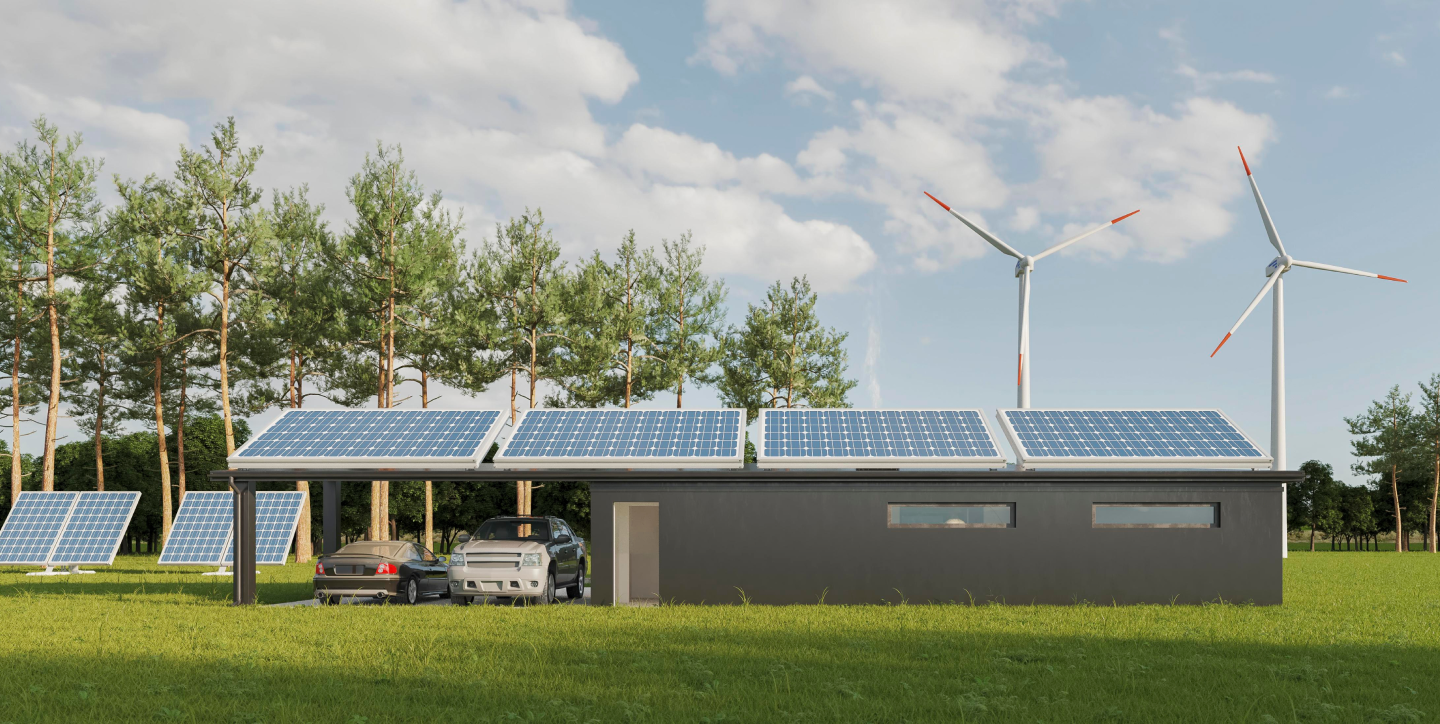Determining if solar panels are a good fit involves evaluating several key factors. Here’s a straightforward way to assess if solar energy is suitable for a property, we can help you determine this at no cost.
- Sunlight Exposure: The most crucial factor is how much sunlight your property receives. Homes that get plenty of direct sunlight throughout the year are ideal candidates for solar panels. Obstructions like tall buildings or trees that cast shadows can reduce the effectiveness of solar panels.
- Roof Condition and Space: Your roof should be in good condition and have enough space to install solar panels. The orientation (south-facing is typically best in the Northern Hemisphere) and the angle of the roof can also affect solar panel efficiency. Flat or gently sloped roofs are generally suitable.
- Energy Consumption: The more electricity you use, the more you can potentially save by switching to solar. Reviewing your electricity bills can help determine your energy needs and how much you might save.
- Local Climate: While solar panels can still generate electricity on cloudy days, regions with more sunny days throughout the year will benefit more. However, solar panels can be efficient in various climates, so don’t rule them out just because you live in a place with seasonal weather changes.
- Electricity Rates: High electricity rates can make solar more appealing. If you’re paying a lot for electricity, the savings from producing your own power can be significant.
- Government and Utility Incentives: Availability of tax credits, rebates, and net metering programs can greatly impact the financial benefits of installing solar panels. In areas with strong incentives, solar can be a very attractive investment.
- Community and HOA Rules: Some communities or homeowners’ associations (HOAs) have restrictions on solar panel installations. It’s important to check if there are any regulations you need to follow.
